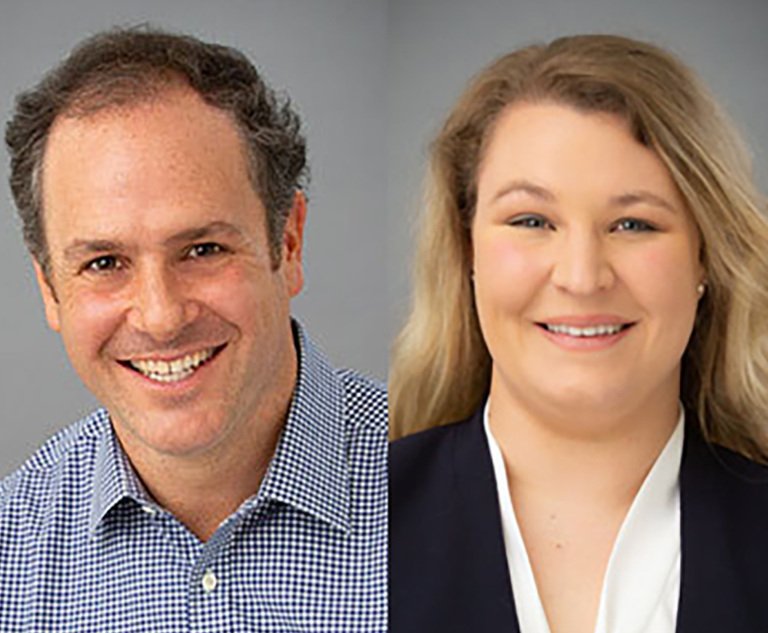 Darren Tobin, left, and Caroline H. Monsewicz, right, with Tobin Injury Firm in Atlanta. Courtesy photos
Darren Tobin, left, and Caroline H. Monsewicz, right, with Tobin Injury Firm in Atlanta. Courtesy photos
A pair of Atlanta plaintiff attorneys has resolved its client's injury claim for five times the insured's policy limits, after leveraging alleged bad-faith negotiations by the defendant's insurer.
Recommended For You
Want to continue reading?
Become a Free PropertyCasualty360 Digital Reader
Your access to unlimited PropertyCasualty360 content isn’t changing.
Once you are an ALM digital member, you’ll receive:
- Breaking insurance news and analysis, on-site and via our newsletters and custom alerts
- Weekly Insurance Speak podcast featuring exclusive interviews with industry leaders
- Educational webcasts, white papers, and ebooks from industry thought leaders
- Critical converage of the employee benefits and financial advisory markets on our other ALM sites, BenefitsPRO and ThinkAdvisor
Already have an account? Sign In Now
© Touchpoint Markets, All Rights Reserved. Request academic re-use from www.copyright.com. All other uses, submit a request to [email protected]. For more inforrmation visit Asset & Logo Licensing.







